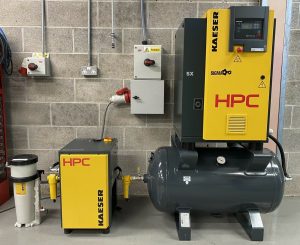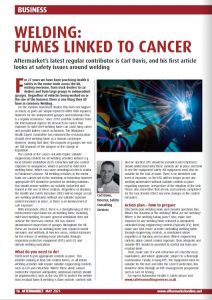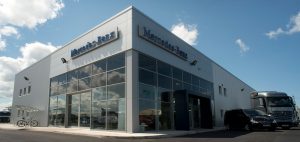
If pressure systems have not been used for an extended period of time due to the coronavirus (COVID-19) outbreak they may become unsafe.
Pressure systems can be standalone or part of individual machines, processes and site (ancillary) services and include air compressors and receivers & hydraulic cylinders for vehicle lifts.
Examination period
If pressure systems forming part of machinery have exceeded their examination period, you should get the agreement of a competent advisor before restarting the machine.
Safety issues
There are safety issues from contamination of fluids and/or gases generated that can cause unexpected behaviour of the pressure elements of machinery leading to unintended outcomes, such as:
water ingress – condensate forming in steam vessels due to external temperature changes, causing violent energy exchange (possible explosion)
air ingress – due to seal degradation on hydraulic cylinders, etc permitting air to be drawn leading to creep or unintended movement of mechanical parts
internal structural corrosion – particularly from cooling of steam systems, forming pooling of condensate in the base of vessels
bypass of safety devices – is possible following incorrect re-assembly of pipework after cleaning (in particular, explosion can occur when solvents are involved)
Restarting a pressure system safely
We recommend that you should regard the start-up of all pressure systems forming part of machinery as a functional pressure test.
Starting up any pressure system from cold can significantly affect the mechanical behaviour of vessels, pipework and moving parts. For example:
pressure relief valves contain mechanical spring mechanisms. There is potential that these may have seized or fatigued as a result of a constant level of compression over a period of time. We recommended that you closely inspect and test safety devices like these. If you have any concerns, replace them. (ie a new one that has relevant certificates)
hydraulic fluids will be more viscous when cold. Often, parts appear to move more sluggishly and there can be a time delay in response to operating controls
where hydraulic systems have been left switched on, continuous recirculation can result in significant increase in temperature of the fluid. Unintended release or hose failure would result in hot oil being sprayed out.
For further information on equipment inspections then contact us today



